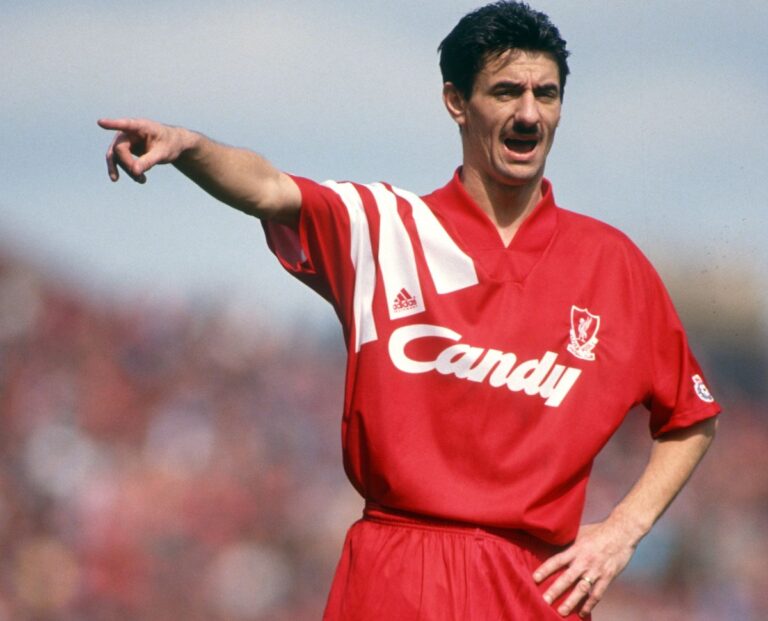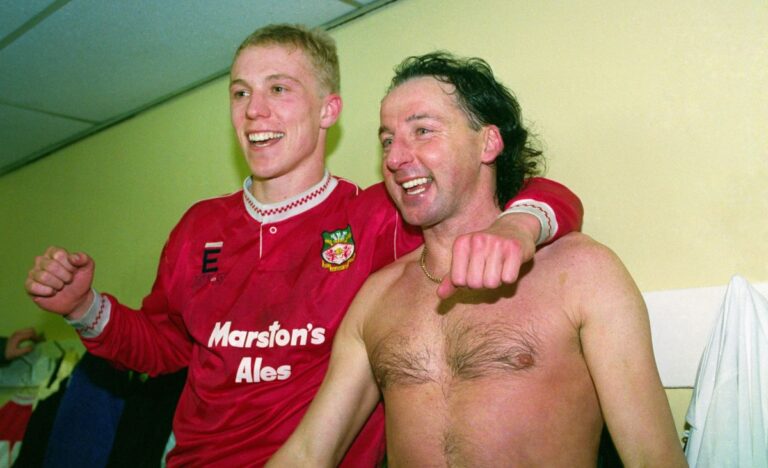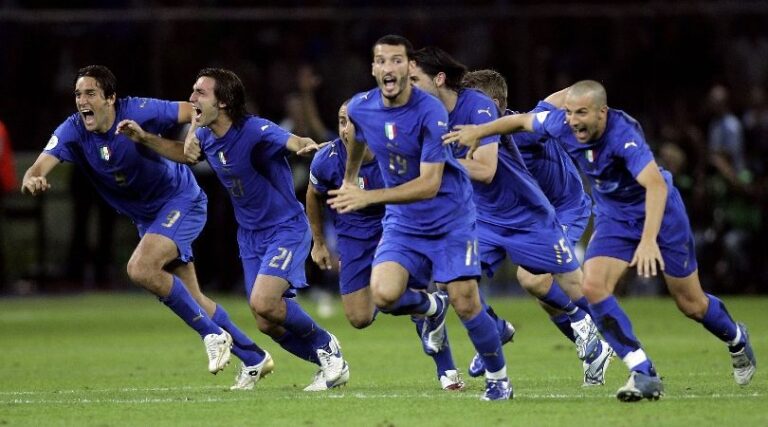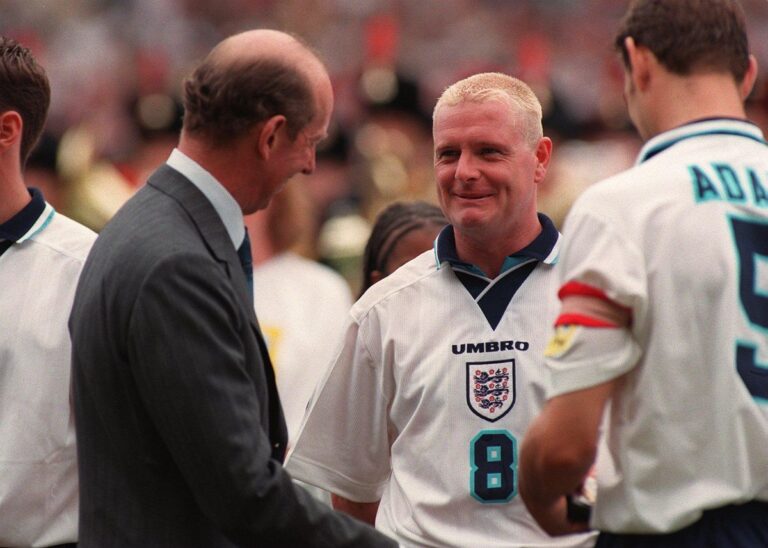
The Greatest Players in FA Cup History
The FA Cup, regarded as the pinnacle of global cup competitions, has been a celebrated fixture for over 150 years.
Throughout its extensive tenure, it has been illuminated by numerous legendary players across all positions.
From trailblazers of the Cup's formative days to contemporary icons, here are some of the finest individuals to grace the tournament.
Denis Law
Denis Law, one of the most formidable strikers of his era, is among the leading FA Cup goalscorers of all time.
The prolific Scot netted six goals in six matches to help Manchester United secure the FA Cup in the 1962/63 season, including the first goal in the final against Leicester, before augmenting his tally with ten goals in six matches during the 1963/64 semi-finals.
David Seaman
David Seaman, Arsenal's stalwart goalkeeper during four FA Cup victories from 1993 to 2003, is renowned for delivering one of the competition’s most remarkable saves.
The iconic save, likened to a Superman feat, from Paul Peschisolido during Arsenal's 2003 semi-final match against Sheffield United continues to astound viewers.
Sergio Aguero
Sergio Aguero stands as one of the FA Cup's most remarkable goalscorers, tallying 20 goals from 22 appearances with Manchester City.
After facing heartbreak in 2013 when City fell to Wigan in the final, the illustrious Argentine star achieved victory in 2019.
Ray Clemence
Another distinguished English goalkeeper from the 20th century, Ray Clemence amassed over 500 career clean sheets, many of which were recorded in the FA Cup.
A finalist on four occasions, Clemence celebrated victories with Liverpool in 1974 and with Tottenham in 1982, achieving clean sheets in both finals.
Arthur Kinnaird
Recognized as one of the game’s inaugural stars, Arthur Kinnaird appeared in a record nine FA Cup finals from 1873 to 1883.
Competently playing in every position on the field, Kinnaird won the prestigious trophy three times with Wanderers and twice with Old Etonians.
In 1911, acknowledging his tremendous contributions, he was awarded the original FA Cup to retain.
Jimmy Greaves
As the leading goalscorer in English top-flight competitions before the Premier League, Jimmy Greaves naturally found the back of the net frequently in the FA Cup as well.
A victor in both the 1961/62 and 1966/67 Cup with Tottenham, Greaves netted the opener against Burnley in the former final and scored eight goals throughout the latter competition.
Kevin De Bruyne
Regarded as one of the world's premier playmakers during his prime, Kevin De Bruyne secured his first FA Cup victory in 2019, scoring as Manchester City overwhelmed Watford 6-0 in the final.
The exceptional Belgian added a second winner's medal four years later, this time assisting Ilkay Gundogan with a free-kick that led to the winning goal against Manchester United at Wembley.
Stan Mortensen
The 1953 FA Cup final between Blackpool and Bolton is famously known as the Matthews Final, but it could easily be termed the Mortensen Final.
In a thrilling 4-3 victory, Stan Mortensen became the inaugural player to score a hat-trick in a FA Cup final at Wembley.
The renowned centre-forward had previously netted in the 1948 final, albeit in a losing cause against Manchester United.
Petr Cech
A towering figure in goalkeeping, Petr Cech played a pivotal role in four FA Cup victories with Chelsea over six seasons before adding a fifth win with Arsenal by defeating his former team in the 2017 final.
The formidable Czech international recorded clean sheets in the finals of 2007 and 2010, helping the Blues overcome Manchester United and Portsmouth, respectively.
John Terry
During his illustrious career at Chelsea, John Terry lifted the FA Cup five times, serving as captain on four occasions.
In 2007, he made history by being the first captain to raise the Cup at the new Wembley, having been part of the squad that won the last final at the old stadium seven years earlier.
Ashley Cole
Recognized as one of the best left-backs in football history, Ashley Cole was the first player to achieve seven FA Cup wins, surpassing that landmark in 2012.
The 107-cap England international earned three winner's medals with Arsenal and four with Chelsea, accomplishing the double with Arsenal in 2001/02 and Chelsea in 2009/10.
Didier Drogba
Didier Drogba, another Chelsea legend who excelled in the FA Cup, was victorious in 2007, 2009, 2010, and 2012.
Notably, he scored in each of the four finals he participated in, including the only goal in both the 2007 and 2010 finals, establishing a new competition record.
Patrick Vieira
A true Arsenal icon and one of the finest midfielders in Premier League history, Patrick Vieira revelled in FA Cup success four times with the Gunners, lifting the trophy as captain in 2005—marking his final appearance for the club.
The commanding Frenchman concluded his cup career at Manchester City, adding a fifth title in their 2011 final triumph against Stoke.
Ryan Giggs
Ryan Giggs’ dazzling solo goal for Manchester United against Arsenal in a 1999 semi-final replay remains one of the most memorable in FA Cup history.
It captured the essence of the magic he consistently brought to the tournament, with Giggs adding to his accolades by winning the FA Cup four times.
Ian Rush
Ian Rush is recognized as one of the greatest strikers in football history, having scored in the FA Cup for Liverpool, Newcastle, and Chester City.
The Welsh great netted twice against Merseyside rivals Everton in both the 1986 and 1989 finals, and scored a vital second goal to secure victory against Sunderland in 1992, achieving a record five goals in FA Cup finals overall.
Stanley Matthews
Regarded as the first winner of the Ballon d’Or and an all-time great, Stanley Matthews triumphed in the FA Cup with Blackpool in 1953 at the age of 38, having previously led the Tangerines to two other finals.
While Stan Mortensen netted three out of four goals during Blackpool’s exhilarating 4-3 victory over Bolton, it was Matthews’ extraordinary performance that spearheaded his team’s comeback from a 3-1 deficit—hence the final being dubbed the Matthews Final.
Over 70 years later, it is still remembered as one of the competition's greatest displays, showcasing Matthews’ exceptional talents.





